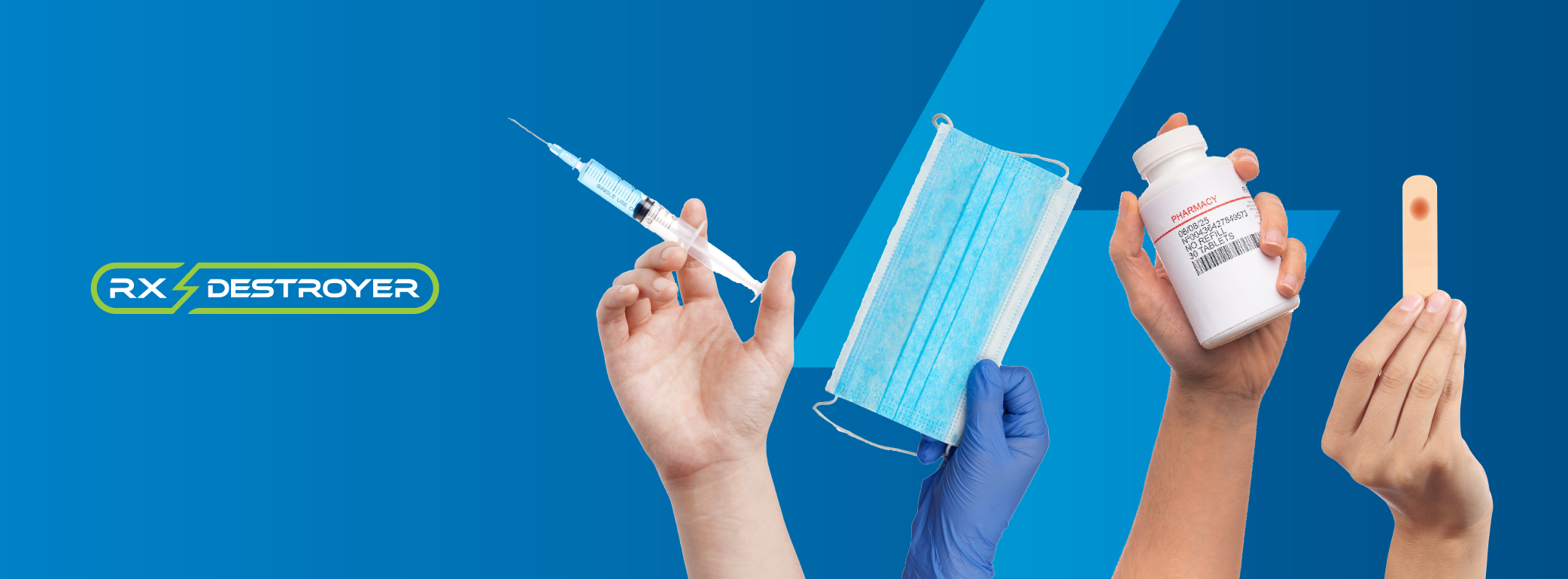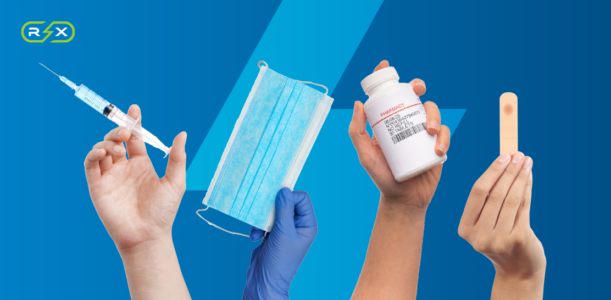The Major types of Medical Waste You Should Be Aware of

October 19, 2023 | Pharmaceutical Waste Disposal
The Major types of Medical Waste You Should Be Aware of
The proper disposal of medical waste poses significant challenges for healthcare providers today. It is crucial to meet federal regulations, ensure epidemiological safety, protect patient privacy under HIPAA, and mitigate the risk of civil litigation. Medical waste encompasses a wide range of items and byproducts generated within the healthcare industry. Let’s explore the different types of medical waste and the importance of their proper disposal.
- Regulated Medical Waste: This category includes any waste that may contain infectious material or have the potential to be infectious. Examples include bandages, gloves, swabs, tissues, and lab cultures. Proper disposal of these items is essential to prevent the spread of infectious diseases.
- Sharps: Sharps refer to instruments capable of piercing the skin, such as needles, scalpels, and lancets. Safe disposal of sharps is crucial to protect healthcare workers and the general public from accidental injuries and potential infections.
- Pathological Waste: This category comprises human fluids, body parts, blood, and tissues, including animal tissue. Appropriate disposal methods are necessary to prevent biohazardous materials from posing a risk to public health.
- Radioactive Waste: Radioactive medical waste includes radiotherapy substances, often in liquid form, as well as supplies or glassware contaminated with radioactive material. Proper disposal of these materials ensures the safety of both healthcare workers and the environment.
- Genotoxic Waste: This type of medical waste is highly hazardous due to its carcinogenic, mutagenic, or teratogenic properties. It includes cytotoxic medications used in cancer treatment. Safe disposal of genotoxic waste is crucial to prevent harm to individuals and the environment.
- Chemical Waste: Chemical waste includes solvents used in labs, heavy metals, disinfectants, and mercury from broken thermometers. Appropriate disposal methods for chemical waste protect the environment from contamination and prevent adverse health effects.
- Pharmaceuticals: Proper disposal of pharmaceutical waste is essential to prevent drug diversion, environmental contamination, and potential harm to individuals. This category encompasses expired drugs, leftover medications from patients, and various pharmaceutical forms such as pills, injectables, lozenges, patches, and liquids.
- Non-Regulated, General Medical Waste: This category includes non-hazardous medical waste that does not pose physical, biological, chemical, or radioactive risks.
By recognizing the different types of medical waste and implementing reliable disposal methods, healthcare providers can safeguard public health, protect the environment, and ensure compliance with regulatory requirements.
Use Rx Destroyer for Pharmaceutical Waste
With Rx Destroyer, the disposal of unused medications becomes a seamless process for hospital staff. By placing the unused medications into the container and gently agitating it, healthcare professionals can quickly and effectively dispose of pharmaceutical waste. This user-friendly method ensures compliance with federal pharmaceutical waste disposal regulations, providing peace of mind to healthcare facilities.
The simplicity of the Rx Destroyer disposal process eliminates the need for complex and time-consuming procedures. Hospital staff can easily integrate Rx Destroyer into their workflow, allowing them to focus on providing quality patient care rather than spending excessive time on waste disposal tasks.
Rx Destroyer ensures compliance with the regulations from the Drug Enforcement Administration (DEA) and the Environmental Protection Agency (EPA). By following federal guidelines, healthcare facilities can avoid potential penalties and legal issues related to pharmaceutical waste disposal.

